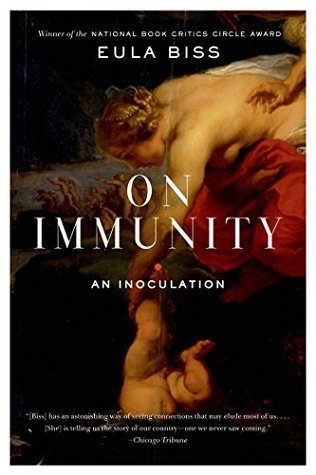More on this book
Community
Kindle Notes & Highlights
We do not tend to be afraid of the things that are most likely to harm us.
We drive around in cars, a lot. We drink alcohol, we ride bicycles, we sit too much. And we harbor anxiety about things that, statistically speaking, pose us little danger. We fear sharks, while mosquitoes are, in terms of sheer numbers of lives lost, probably the most dangerous creature on earth.
risk perception may not be about quantifiable risk so much as it is about immeasurable fear. Our fears are informed by history and economics, by social power and stigma, by myths and nightmares. And as with other strongly held beliefs, our fears are dear to us. When we encounter information that contradicts our beliefs, as Slovic found in one of his studies, we tend to doubt the information, not ourselves.
“Probably the worst thing that ever happened to malaria in poor nations,” Rosenberg writes, “was its eradication in rich ones.”
Purity, especially bodily purity, is the seemingly innocent concept behind a number of the most sinister social actions of the past century.
A Nigerian barber said, of the idea that vaccines were a Western plot against Muslims, “If the White man really wanted to destroy us, there are many other easier ways to do it. They can poison our coca-cola …” I tend to agree. And I suspect that Coca-Cola, unpoisoned, is more harmful to our children than vaccination.


